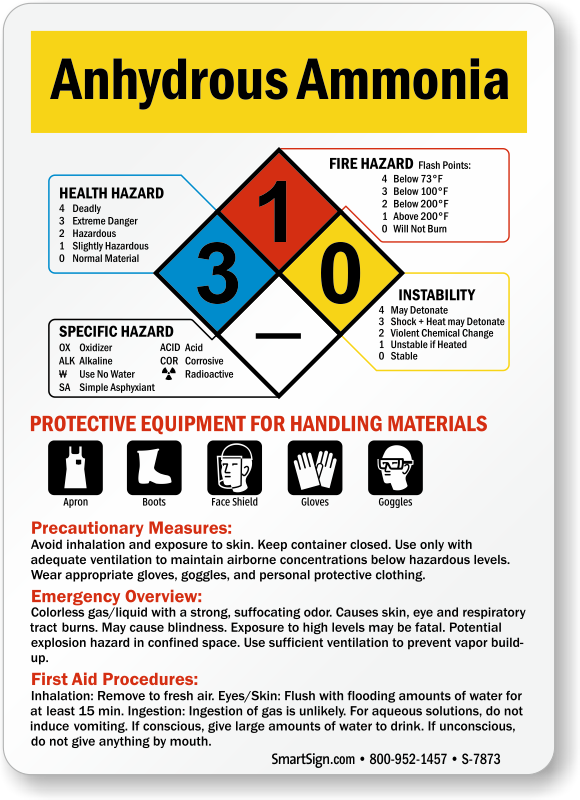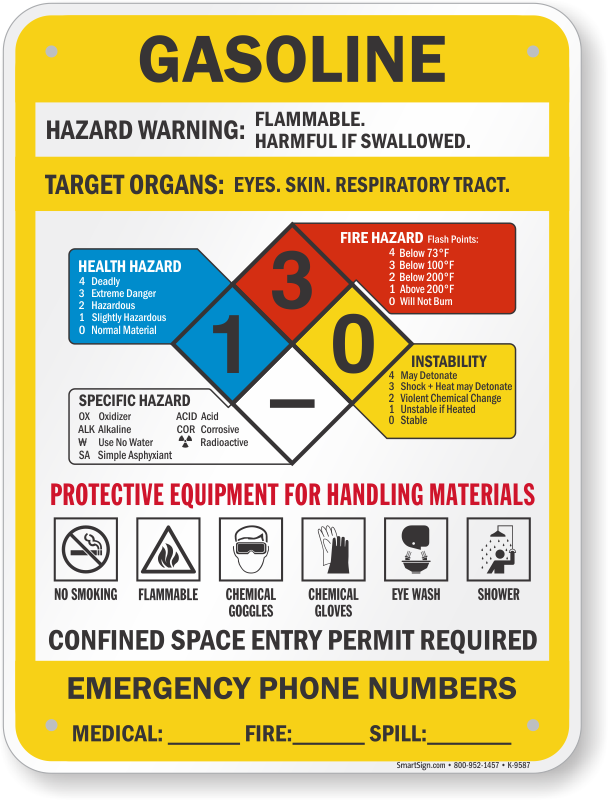The problems with battery cars are:
Charge time. Unless you can get this down to around five minutes, it is going to be a major issue. This results in stupidities like this:
Effect of charge time on battery life. This is variable, but generally too fast a charge reduces both battery life and the amount of charge you can cram into it. There is also, with many if not all, batteries the effect of "memory." That is, a battery gets used to having a certain charge and even though it can on paper hold a greater one, because of the charge used it will only take and hold some fraction of that. For example, you regularly fast charge a battery to 80% to save time on charging. The battery gets where it will only take an 80% charge no matter how long or carefully you charge it. That is referred to as "battery memory."
Batteries have a finite life and the ones in electric cars are grossly expensive to replace. This means your car has a realistic service life of around 7 or 8 years at most, possibly less, and when it reaches that point has very little resale value due to the need for a new battery. There is no way, at least at present, that a battery car will remain in service beyond maybe 10 years at most and almost always less. That's half the potential life of many ICE vehicles. I have one pick up I bought new in 2001. My kid is driving it today and it runs great. It's got nearly 250,000 miles on it and is still going strong. Total maintenance beyond routine (like oil changes etc.) has been maybe $2000. That's way below what a Tesla is going to run you in maintenance.
Battery cars cost considerably more than ICE equivalents. This is a barrier to market entry.
Battery costs are likely to rise as the materials to make them become increasingly scarce. There's more oil on the planet than recoverable lithium, and oil is a renewable resource unlike lithium. I doubt we're going back to batteries using nickel or lead...
So, battery cars are acceptable for niche use but not for general applications. Commuter car for trips to work? Great. Delivery vehicles on a fixed route with a fixed charging point? Great. Flexible travel greater than the vehicle's single charge range? Nope. Use in off-road and remote locations without a charging station? Nope. Extended use in service beyond the initial installed battery life? Nope.
Niche use is the best battery vehicles will manage.







